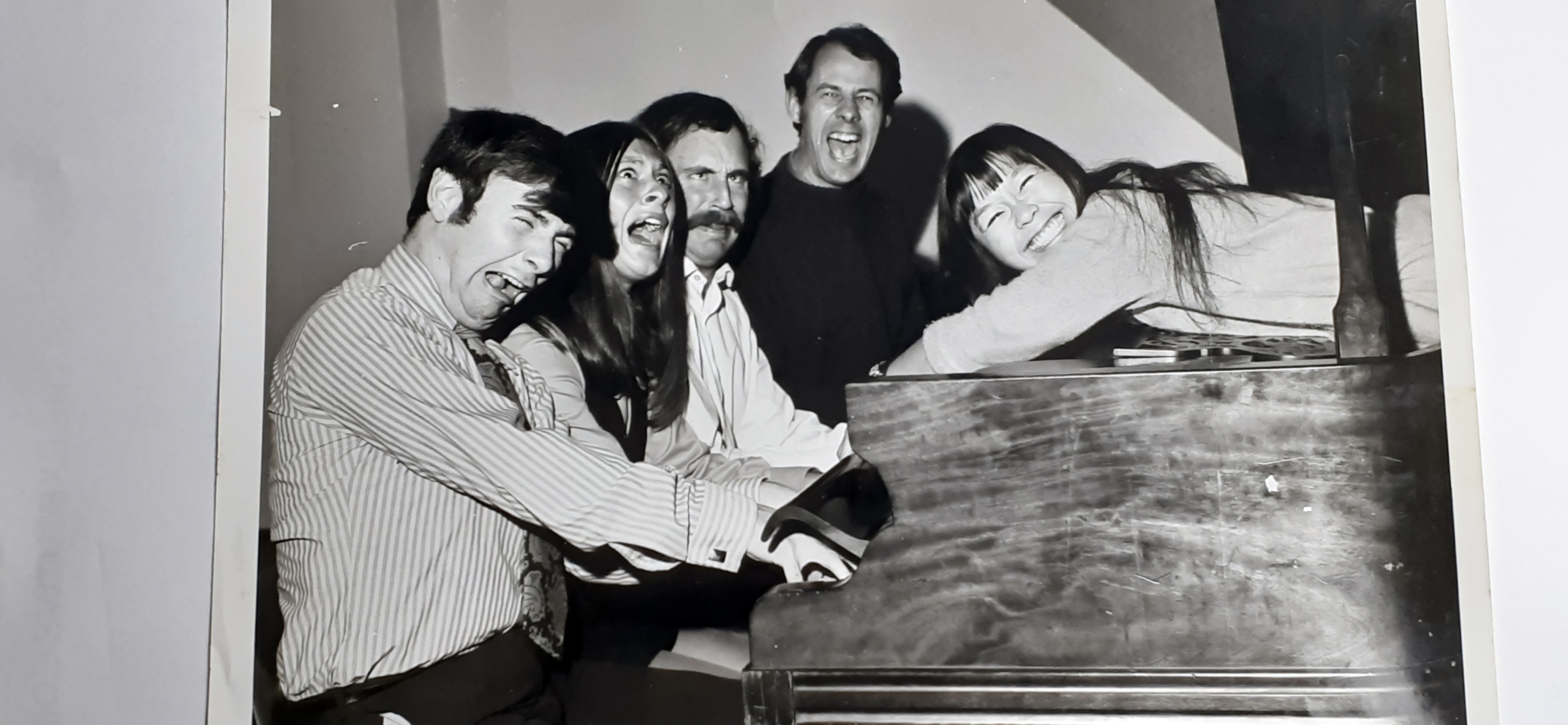INFO
| Name | Helene Wong (she/her) |
| Born | 1949 |
| Country of Birth | Aotearoa |
| Place of Residence | Tāmaki Makaurau Auckland |
| Ethnicities | Chinese (Cantonese) |
| Artform | Theatre, Literature, Screen |
| Decades Active | 1980s, 1990s, 2000s, 2010s, 2020s |
ABOUT
Helene Wong, ONZM, is a third-generation Chinese-New Zealand writer, actor, director, script development consultant and film critic.
Wong was raised in the Lower Hutt region of Pōneke, where her parents owned a fruit and vegetable shop. In 1972 she graduated from Victoria University of Wellington with a degree in sociology (with first class honours), before establishing a career in public service. In 1978 she was the first woman to be appointed to Prime Minister Sir Robert Muldoon’s Advisory Group, in the role of social policy advisor.
Wong’s interest in the arts began with performing at school and in Lower Hutt theatre companies. She also participated in satirical revues at Victoria University, and in productions as an actor and director with BATS Theatre Company during its amateur theatre era. In the mid-1980s she left public service to work in the film sector, consulting on screenplays as both a freelancer and as the New Zealand Film Commission’s first development executive (she would later serve as a Film Commission board member between 2000–2006), and in the television sector, for NZ On Air, as acting television programme manager.
The most notable of these scripts, Martin Edmond and Leon Narbey’s Illustrious Energy (1988), told the story of Chinese goldminers in Central Otago, and coincided with the beginnings of Wong’s own personal exploration of Chinese identity. She describes the moment she visited her father’s village, during an ancestral pilgrimage to Southern China with her parents in 1980, as “incredibly emotional...it set off a whole lot of existential questions about who am I? What am I here to do? What’s being Chinese got to do with it?”
While Wong is perhaps best known as a long-time film critic for the NZ Listener — she reviewed movies for the magazine between 1996–2016 — her most significant writing has come in the form of two projects chronicling the history of Chinese in Aotearoa: the 1994 documentary The Footprints of the Dragon, which she wrote and directed as part of TV One’s seven-part An Immigrant Nation series; and her memoir Being Chinese: A New Zealander’s Story, published in 2016 and longlisted for the Ockham Book Award.
At Auckland Writers Festival the same year, Wong opened her Michael King Memorial Lecture with an anecdote on the late historian’s Being Pākehā in relation to her memoir and its themes of belonging. “In 1949, I was born in Taihape and that, I think above all, justifies calling myself a New Zealander,” she explained in an RNZ interview, “which is why it feels appropriate to add my voice to the conversation that Michael had begun, about being non-Māori and identifying this place as home. Because over the years despite the length of time my family and many others like mine have lived here, being Chinese has often meant being told this is not our home.”
Since completing Being Chinese, Wong has contributed to the Auckland War Memorial Museum exhibition Being Chinese in Aotearoa (2017), through a comic book artwork collaboration with graphic artist Ant Sang; and continues to act, appearing most recently in two TV series by Chinese creatives: writer and director Roseanne Liang’s Creamerie (2021–2023), and actor, writer and theatremaker Sam Wang’s Homebound 3.0 (2023). She also remains a vocal media commentator on racism and race relations in Aotearoa.
In 2018, Wong was made an Officer of the New Zealand Order of Merit as part of the New Year Honours List, “for services to the arts and the Chinese community.”
LINKS
Key works / presentations
As writer:
2016 — Being Chinese: A New Zealander’s Story, Bridget Williams Books
As writer/director:
1994 — An Immigrant Nation: The Footprints of the Dragon (documentary), TVNZ
Key awards
2018 — Officer of the New Zealand Order of Merit for services to the arts and the Chinese community


